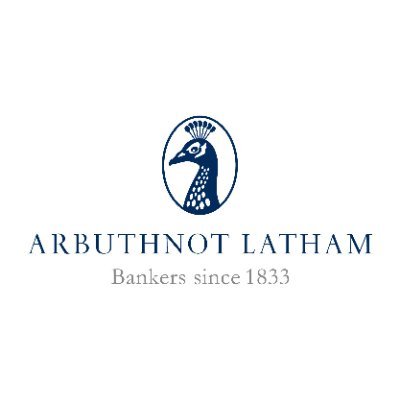Arbuthnot Banking Group plc (LON:ARBB) is the topic of conversation when Hardman and Co’s Analyst Mark Thomas caught up with DirectorsTalk for an exclusive interview.
Q1: You called your recent note “2022: profits and growth in core and new franchises”, can you give a short summary of your key findings?
A1: Arbuthnot Banking Group’s 2022 results delivered the expected strong profit and franchise growth, pre-tax profit up from £4.6 million to £20 million.
Core business profitability increased, primarily because of widening spreads increasing the value of deposits. Core credit quality remained good. The scale of growth has been driven by the way in which ABG has managed its franchise, building a relationship bank with less price-sensitive deposits.
In recent years, ABG has invested in multiple, new, specialised SME financing businesses. These delivered franchise/profit growth in 2022. There is no Silicon Valley Bank read across. The dividend rose by more than expected, and the medium-term Return on Capital was achieved early.
Since the results, there has been a successful over-subscribed placing, raising £12 million by issuing new shares equivalent to 8% of the share capital at just a 3% discount.
Q2: So can you tell us first about the widening spreads?
A2: A key question in many investors’ minds is how sensitive companies are to a higher inflation and interest rate environment. ABG is unusual in that it is a clear beneficiary of rising interest rates to date. ABG has a structural sensitivity, with more assets re-pricing than liabilities. It has surplus liquidity, which is held mainly in cash and balances at the Bank of England (BoE). As interest rates rise, it receives the full increase on its BoE accounts. Similarly, surplus liquidity held in interbank loans and short-term debt securities will also re-price quickly.
Additionally, part of the balance sheet is funded by non-interest-bearing equity funding. What is very evident from these results, however, is not only how ABG controls the balance sheet. Despite rising market interest rates in 1H’22, ABG achieved the remarkable feat of reducing its average cost of funds on 1H’21, while the full-year average cost was up just 22bps. This increase was around a third of the increase in the market cost of ISAs and a sixth of the rise in one-year fixed-term deposit rates.
While ABG’s cost of funds has been rising through the year, its relationship banking model has a lower cost of funds than the market.
Q3: And new franchise growth?
A3: Asset-Backed Lending profits grew from £4.7 million to £5.2 million. RAF lending increased from £97 million to £134 million. Excluding the gain on purchase, Asset Alliance saw losses reduce from £4.8 million to £2.1 million. Internal funding costs across the new businesses grew by £8.8 million, giving a £10 million total 2022 “new unit” profit uplift.
Q4: What can you say about the placing?
A4: In mid-April, there was a successful over-subscribed placing, which raised £12 million by issuing new shares equivalent to 8% of the share capital at just a 3% discount. The chair maintained his majority holding by investing £6.75 million, which is a sign of both his commitment and confidence in the outlook.
The funds will be used to maintain the strong lending momentum, as well as keep the strong capital ratios that the Company likes to maintain, so that it can exploit opportunistic options as they arise, and to give confidence in the group.
Q5: I saw impairments rise quite sharply, what can you say about credit risk in a higher rate environment?
A5: The 2022 impairment increase of £2.3 million was driven primarily by a single, fraud-related incident of nearly £2 million, together with some tightening in IFRS9 assumptions.
If we look at the various stages of arrears, the quality of the book has continued to improve, with lower nominal balances in the riskiest categories. We discussed with the company what its leading indicators are showing, and, again, there is no sign of deterioration.
In view of the interest rate environment, and the impact that has on Arbuthnot Banking Group’s stress tests done before lending, there has been a tightening of credit scores – so new loan to values are even lower than the book as a whole.
Q6: Are there any other notes of caution?
A6: ABG is experiencing net interest margins that are higher than it expected over the longer term, as the repricing of deposits generally has a delay of up to 12 months as time deposits reach maturity. Also, the group is yet to see the full impact of the inflationary pressures on its cost base. As always, there is macroeconomic uncertainty, and the political environment creates its own uncertainties too.







































